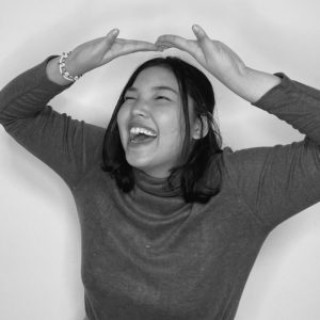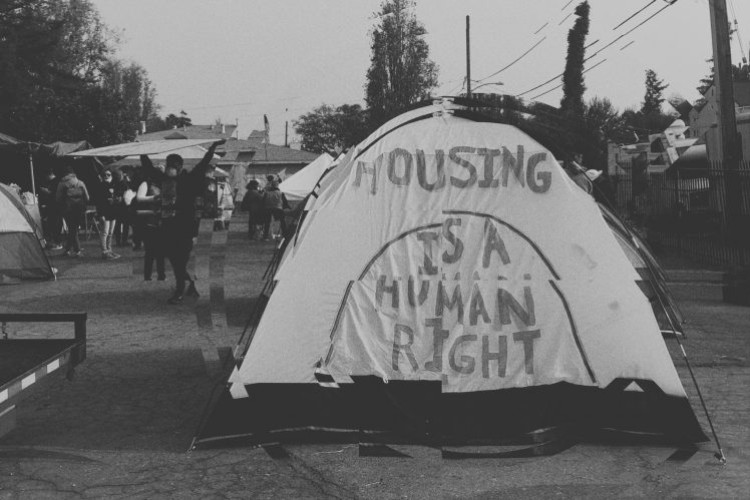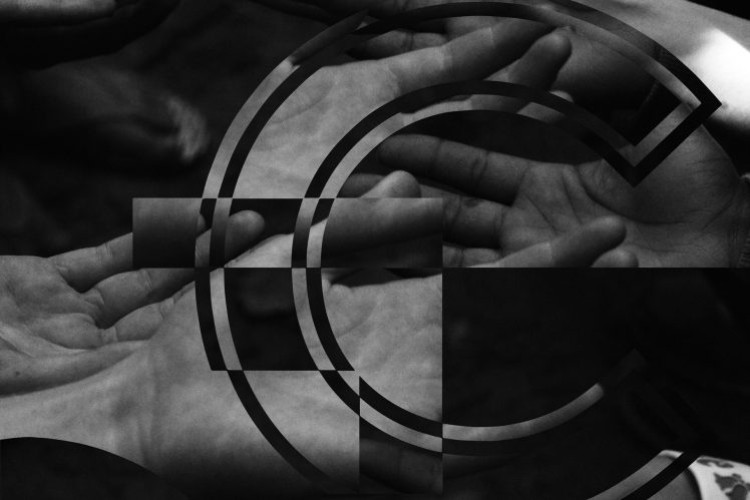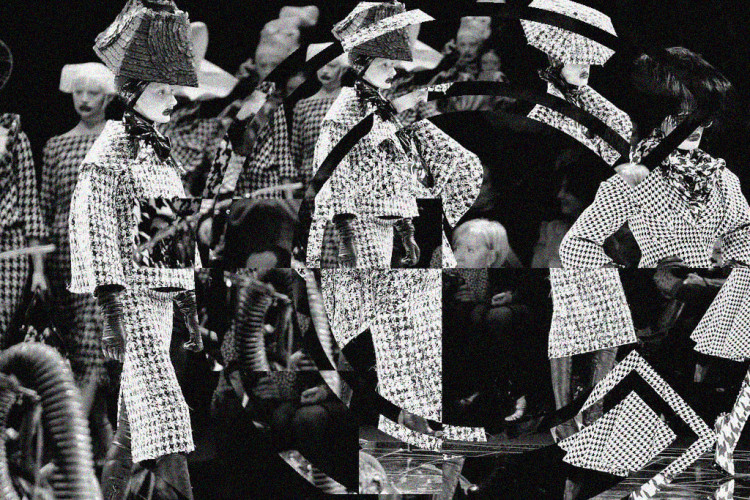
I’m not pretty and that shouldn’t be an issue
In this open column submission, Shadia Kansha shares her thoughts on how beauty privilege is a trump card in the entertainment industry and how upsetting it is that this view is still being perpetuated by society throughout history.
Words by Whiteboard Journal
Frankly, I never liked Cinderella.
Her story is a perfect example of what pretty privilege looks like in action. Try to look at it this way: the prince was willing to dance with every suitor that evening because that was the purpose of the ball. However, when Cinderella showed up, the prince only wanted to dance with her. His focus shifted completely, and other suitors no longer had a chance.
What if there’s another girl who is just as kind but has a better sense of humor than Cinderella? or perhaps someone who is both street smart and smart smart? Someone who shares the same passion for the kingdom and encourages the prince to be his best self? This prince might never ponder this possibility. Why? because Cinderella’s blonde hair and dazzling blue eyes (and possibly her mesmerizing magical glass slippers) were the only things he noticed.
Sure, this work of fiction might be written to show how far you can go by being kind, and in all fairness, Cinderella is not a bad person. However, giving the ring to the fairest of them all who happens to come in a certain size? Young girls will hold on to makeup kits and gym memberships for their dear lives. I mean, how else will they win in life? Right?
I bet everyone has at least one “Cinderella” in their lives. There’s that one person in high school who seems to have a line of fans waiting, including the person you have a crush on. That one applicant whose bright smile makes recruiters want to hire them for your dream job. That one barista who makes terrible coffee but you keep forgiving them because they’re nice to look at. It seems like there will always be one attractive person who gets more opportunities because of how they look. In my case, I never felt like I could win in the entertainment industry. Whatever I bring to the table, there’s always someone prettier who made it to the lineup.
I’d see musicians fly through their careers just by looking good. People would leave comments gushing about how gorgeous their idols were and expressing their never-ending support. I’ve heard that some musicians are chosen for collaboration projects because of how good the artwork will look. Heck, if they’re pretty, they can even fart on stage and they’ll have fans line up, calling the so-called blunder “cute.” At the end of the day, regardless of how much they offered, people would keep on cheering for them. It’s us, the average-looking, not-so-plus-sized performers, who have to work so much harder to get noticed. Even then, you might stay in the background, or worse, someone might say you’re trying too hard to be someone you’re not.
Situations like this make me wonder if I’ll ever have that “fairy godmother” moment because, truth be told, I can’t afford modern-day magic. Makeup kits and artists are costly. I don’t even want to consider permanent alterations, even if that helps me look better with minimum effort. Maybe if I’m more skilled at covering my facial imperfections or get savvier with fashion trends, people won’t mistake me for a crew in a showcase where I’m supposed to perform. I kept on trying to convince myself that being beautiful is part of the job, but the more I think about the maybes and could-have-beens, the more I ponder. Is it really part of the job? Shouldn’t I be focusing on making better music, not better eyebrows? Is this what being a musician is all about? Just another pageant?
Stephanie Johnson and her colleagues found in their research that attractive people are more likely to get a job, even if there is a more qualified candidate in the pool. It has come to the point that even in industries that don’t require physical assets, attractive people still have a higher chance of getting hired. Especially now that we live in an era where social media matters. As much as we hate to admit it, being easy on the eyes definitely helps with getting followers and likes.
Now, you might be wondering why this is the case.
In a more general sense, we tend to view the world through an economic lens. We perceive things as having values, and we add them up to make decisions. For centuries, beauty has held significant value, making it easier to choose them. Our mind and body have been unconsciously trained to assume beauty as credibility and amiability, regardless of whether it’s true or not. In addition, our physical appearance is the first thing someone sees. When it comes to first impressions, society has conditioned us to associate attractiveness with positive traits. As a natural consequence, it’s easier to gravitate toward them in any situation.
With that in mind, it’s not surprising that the entertainment industry is expected to pick the most attractive people to put on stage. Because this is, after all, another business. You want people to choose you. If people are presented with two musicians who have a similar style and skill set, they will most likely prefer the more attractive one because it has more value in their minds. It’s not fair, but let’s be honest, life rarely is.
Don’t get me wrong. I’m not here to preach about how pretty people suck and ugly people rock. Looking good is never a sin, and not everyone who isn’t attractive was born to be a saint. Yes, we all deserve to feel and be beautiful, but why should we stop there? Why should it be the only thing that seems to matter?
In “The Kreutzer Sonata,” Leo Tolstoy wrote, “It is amazing how complete the delusion is that beauty is goodness,” and I completely agree with him. Vanity should not be an unwritten recommendation letter, especially when it is not available to everyone. Character, skill, and kindness do not have a face or, in some cases, a waist. It shows up in its truest form from the person who can truly give it.












